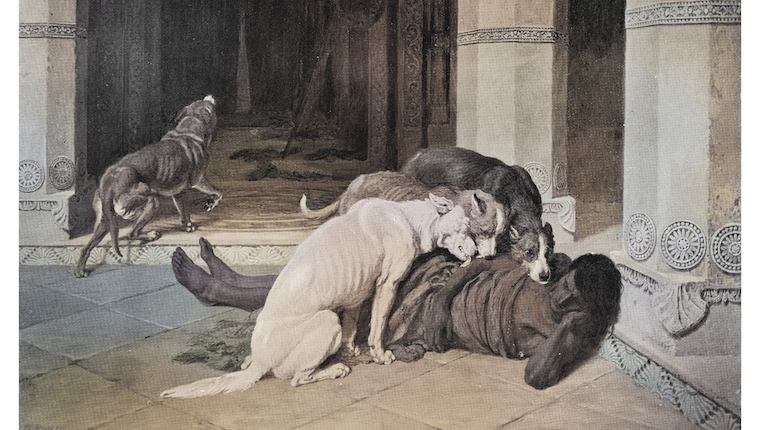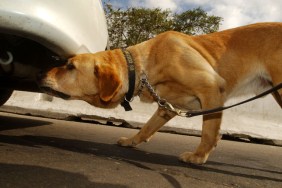A French historian is claiming that dog mythology may help unlock the history of domestication, according to a report from ScienceNews.
While studies show that dogs trace their roots to Central Asia, researchers say there is more to discover. Recently, the scientific community has intensely focused on the topic. Seemingly every day we learn more about the complex mechanisms that bond dogs with humans.
Dog Mythology, Not Biology
Julien D’Huy works at the College of France in Paris studying phylogeny: the evolutionary relationships between different organisms.
In a report from Evolutionary News, D’Huy points to three core stories that form the bulk of dog folktales: the afterlife, the union between humans and dogs, and links with the star Sirius. Apparently, these outlines show up across cultures. D’Huy used statistical analysis to create a “family tree” of dog myths. With this, he shows how these stories followed human migration patterns.
While his methods have met criticism, D’Huy’s analysis agrees with the most up-to-date research.
Understanding the Reasons for Domestication
Notably, D’Huy says the content of myths also says a lot about why ancient humans valued dogs. Early stories about dogs guiding people to the afterlife suggest they were originally kept for symbolic and spiritual reasons. Only later did they take a more practical role, argues D’Huy.
Specifically, he names a 14,000-year-old German gravesite containing two humans buried with their dogs. According to him, the site is evidence that dogs were more than just pets to early humans.
Ultimately, D’Huy believes his methods can assist researchers.
“Comparative mythology has something to say in the world of research,” he says, “Something very precious to say, I think.”








